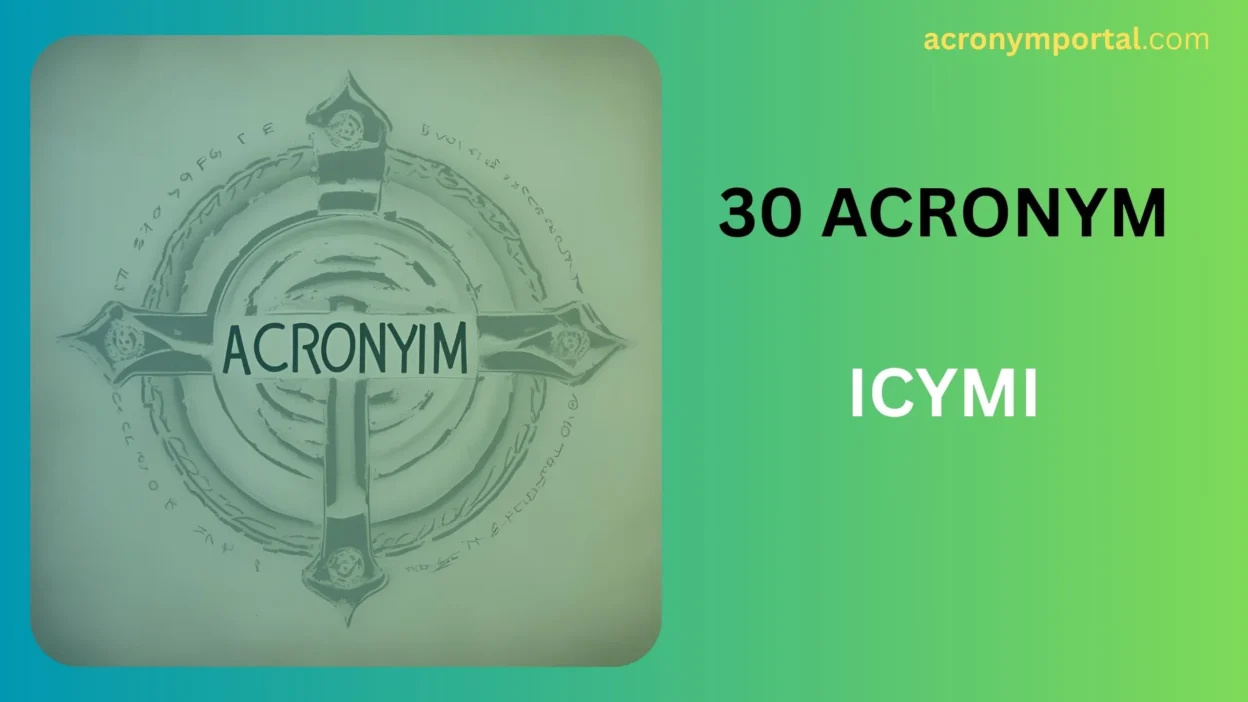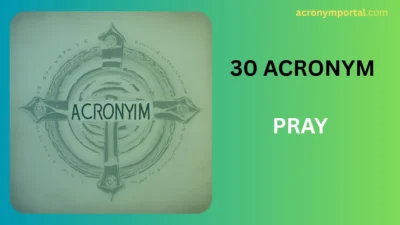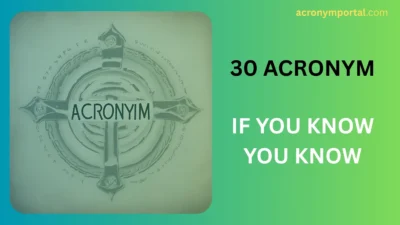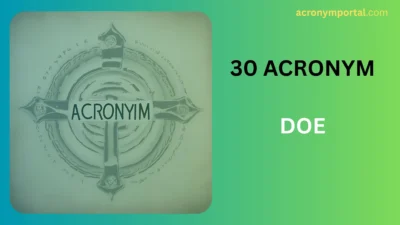The acronym ICYMI stands for “In Case You Missed It.” It’s a staple in digital communication—especially in newsletters, social media posts, and messaging apps.
The purpose of ICYMI is simple: to bring attention back to something important that might have been overlooked. It’s a gentle nudge that says, “Hey, you may have missed this, but it’s worth your time.”
But there are many ways to express this idea depending on the tone, audience, or platform. Maybe you want to sound more formal, more playful, or more persuasive. Below, we explore 30 alternatives to “ICYMI”, each with a brief description, example sentence, and advice on when to use it.
🔄 30 Alternatives to “ICYMI” (In Case You Missed It)
1. Reminder
Meaning: A polite cue to recall or revisit information.
Example: Just a reminder—our webinar starts tomorrow at 2 PM.
When to use: Professional and polite; great for calendars, work messages.
2. Heads up
Meaning: Informal notice or warning about something.
Example: Heads up! There’s a new version of the app available.
When to use: Friendly, casual alerts.
3. Rewind
Meaning: Go back and take another look.
Example: Rewind to yesterday’s post if you missed the launch update.
When to use: Fun, pop culture references or light-hearted content.
4. Throwback
Meaning: Revisiting something from the past.
Example: Throwback to our first product sketch!
When to use: Social media, especially visual or nostalgic content.
5. Flashback
Meaning: A look back at a prior moment.
Example: Flashback to our best-selling campaign last summer.
When to use: Great for stories, timelines, or event recaps.
6. Quick Recap
Meaning: A short summary of what’s happened.
Example: Here’s a quick recap of last week’s announcements.
When to use: Informational updates, newsletters.
7. In Review
Meaning: A review or highlight of past content.
Example: In review: Our top blog posts of the month.
When to use: Professional, especially in reports or emails.
8. Previously on…
Meaning: Borrowed from TV shows, signaling a catch-up.
Example: Previously on our blog: 5 tips for better budgeting.
When to use: Playful tone, serialized content.
9. On Repeat
Meaning: It’s so good, it’s worth seeing again.
Example: This one’s on repeat—check out our CEO’s interview.
When to use: Trendy, youth-oriented audiences.
10. Catch Up
Meaning: Encouraging the reader to stay in the loop.
Example: Catch up on our latest news before Monday’s launch.
When to use: Email campaigns, blog posts, and general updates.
11. Don’t Miss This
Meaning: Urges attention toward something important.
Example: Don’t miss this opportunity to win free gear!
When to use: Marketing or promotional messages.
12. Worth Another Look
Meaning: Suggests the content is valuable enough to revisit.
Example: This tip is worth another look—save time with this shortcut.
When to use: Educational content or product features.
13. ICYDK (In Case You Didn’t Know)
Meaning: A cousin of ICYMI; shares useful information.
Example: ICYDK: Our mobile app works offline too!
When to use: Informative but casual tone.
14. Heads-Up Replay
Meaning: Rewatch or re-read something important.
Example: Here’s a heads-up replay of yesterday’s keynote.
When to use: Webinars, live event follow-ups.
15. From the Vault
Meaning: Bringing back archived or classic content.
Example: From the vault: Our founder’s first blog post.
When to use: Legacy content, storytelling.
16. Second Look
Meaning: Recommending content for reconsideration.
Example: Take a second look at our updated guide.
When to use: Refreshed content or updates.
17. Hot Off the Press
Meaning: Recent but possibly missed news.
Example: Hot off the press—our May issue is live!
When to use: Newsletters, product updates.
18. Latest Highlights
Meaning: A curated summary of top content.
Example: Here are the latest highlights from our blog.
When to use: Weekly or monthly roundups.
19. Replay Available
Meaning: You can rewatch or reaccess the content.
Example: Missed the session? Replay available now!
When to use: Webinars, events, training.
20. Here’s What You Missed
Meaning: Directly states content was missed.
Example: Here’s what you missed while you were out.
When to use: Conversational and informal.
21. Still Relevant
Meaning: Emphasizes enduring value.
Example: This post from January is still relevant today.
When to use: For evergreen or timeless content.
22. Echo Post
Meaning: A repeated share of previous content.
Example: An echo post for those who missed it the first time.
When to use: Social media and reposting.
23. ICYMI Roundup
Meaning: A collection of previously shared items.
Example: Check out our ICYMI roundup of the week’s top tweets.
When to use: End-of-week or recap newsletters.
24. Replay This
Meaning: Suggests action to rewatch or reread.
Example: Replay this moment—it’s worth every second.
When to use: Emotional or high-impact moments.
25. Resurfaced
Meaning: Content brought back to visibility.
Example: Resurfaced: Our guide to remote collaboration.
When to use: Content marketing, SEO strategy.
26. Back Again
Meaning: A returning or recurring topic.
Example: Back again: Our summer playlist!
When to use: Playful and seasonal content.
27. News You Might Have Missed
Meaning: Polite, informative headline.
Example: Here’s some news you might have missed last week.
When to use: Professional and informative tone.
28. A Quick Look Back
Meaning: Light summary of past highlights.
Example: A quick look back at our journey so far.
When to use: Reflective or celebratory content.
29. Revisit This
Meaning: Encourages reviewing or rereading.
Example: Revisit this tip when you’re planning your next trip.
When to use: Instructional or thoughtful content.
30. Still Buzzing
Meaning: The topic is still generating interest.
Example: Still buzzing: Our latest partnership announcement.
When to use: Trendy and current conversations.
🎯 How to Choose the Right Phrase
Here’s how to match the right “ICYMI” alternative to your purpose:
- Casual content? Go with “heads up,” “rewind,” or “throwback.”
- Professional settings? Use “reminder,” “recap,” or “in review.”
- Promotional tone? Try “don’t miss this” or “hot off the press.”
- Archived content? Opt for “from the vault” or “resurfaced.”
- Emotional storytelling? Use “flashback,” “still buzzing,” or “replay this.”
Tone, audience, and context all matter—especially when your goal is to re-engage or inform without sounding repetitive.
🧭 Final Thoughts
Whether you’re running a newsletter, writing a blog, or managing social content, using alternatives to ICYMI keeps your communication fresh, engaging, and well-suited to your readers. Each option gives a slightly different spin on the same message: “Don’t miss this—it matters.”
By choosing wisely, you show awareness of your tone and respect for your audience’s time and attention. Keep this list handy as your content GPS—it’ll help you bring attention back to the things that deserve a second look.




